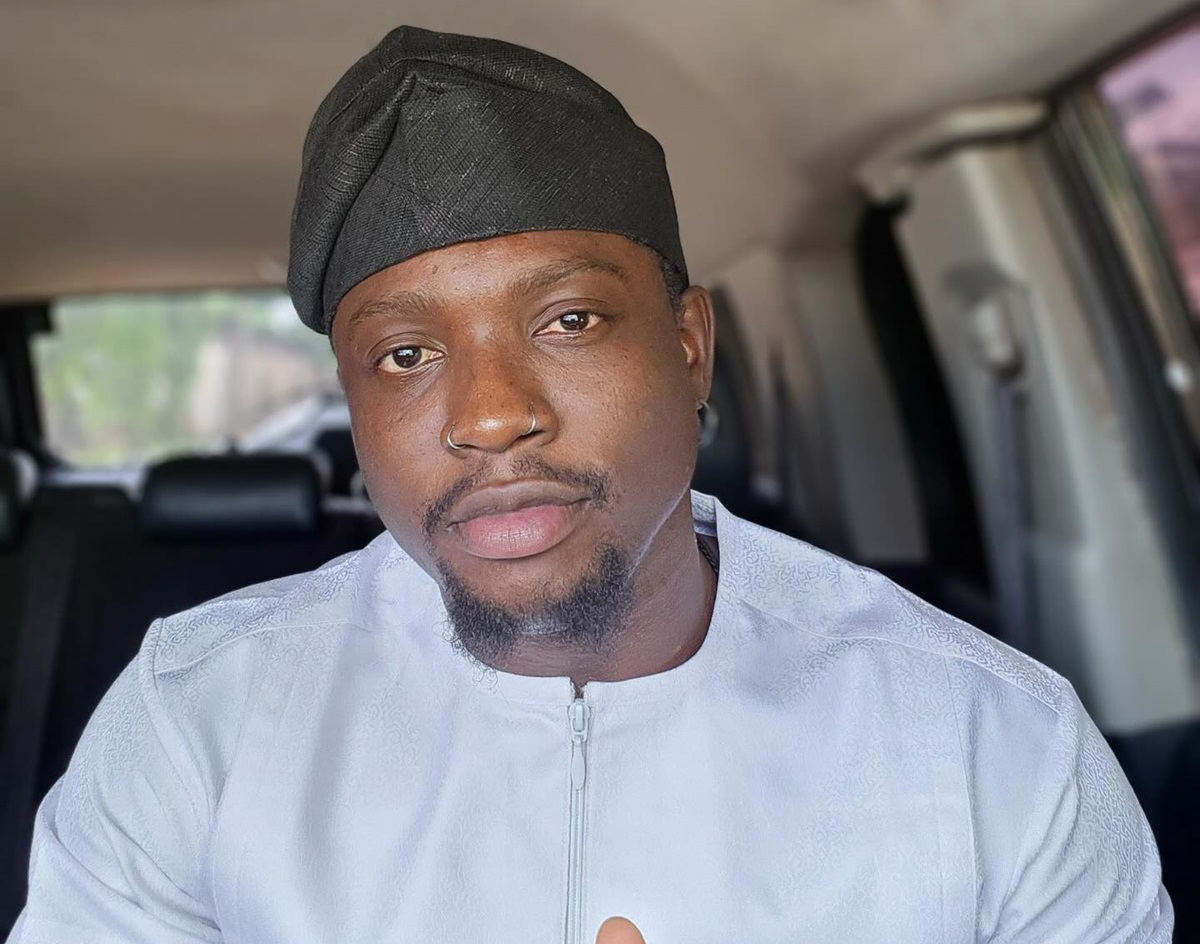
Nobel Laureate Professor Wole Soyinka has sharply criticized the Federal Government and the National Broadcasting Commission (NBC) over the recent ban of Nigerian rapper and activist Eedris Abdulkareem’s protest track, Tell Your Papa.
The song, which directly addresses President Bola Ahmed Tinubu’s son, Seyi Tinubu, calls attention to the worsening economic situation and rising hardship in the country. In a swift reaction, the NBC barred the track from being aired across Nigerian broadcast platforms, citing its “objectionable nature.”
In a strongly worded statement issued from his current base at New York University, Abu Dhabi, Soyinka decried the move as a worrying return to authoritarian-era censorship and an affront to freedom of expression. He drew parallels to previous state attempts to silence dissent and socio-political commentary, underscoring that such actions only embolden the very voices they aim to suppress.
With his signature irony, Soyinka suggested that if the government wanted to be thorough, they might as well ban the artist himself, proscribe the Performing Musicians Association of Nigeria (PMAN), and sanction cartoonists like Ebun Aleshinloye, whose recent work pokes fun at the ban. He emphasized that satire and protest are vital instruments in any democratic society and should not be met with gag orders.
“I have yet to listen to the record, but the principle is inflexibly etched on any democratic template. It cannot be flouted,” he stated. “This ban serves only to enrich the artist. Mr. Abdulkareem is likely whistling his way to the bank, enjoying the free promotion granted by the authorities.”
Soyinka warned that history has shown where such suppression of dissent leads: to a toxic culture of fear, silencing, and eventual chaos. He urged the NBC to reverse its decision immediately, describing the act as not only “petulant” but also “irrational.”
Beyond the censorship issue, Soyinka touched on the deeper malaise afflicting the nation — a culture of impunity. Referencing the recent mob killings in Edo State, which claimed 19 lives, he drew painful comparisons with the lynching of Deborah Samuel in Sokoto in 2022, whose killers, he lamented, walked free without consequence.
He cautioned that these repeated failures to ensure justice and accountability could push Nigeria into a moral and civil abyss, where lawlessness becomes normalized and brutality defines the national character.
“The culprits are in plain sight and so are witnesses. There can be no excuses,” he said, offering his condolences to the families of the Edo victims. “Our thirst for justice must remain unslaked.”
Through both satire and solemnity, Soyinka’s message was unmistakable: Nigeria risks backsliding into a repressive state if it continues to stifle critical voices and ignore rising violence. His call is not just for artistic freedom but for a nation to recommit itself to justice, expression, and democratic principles.




